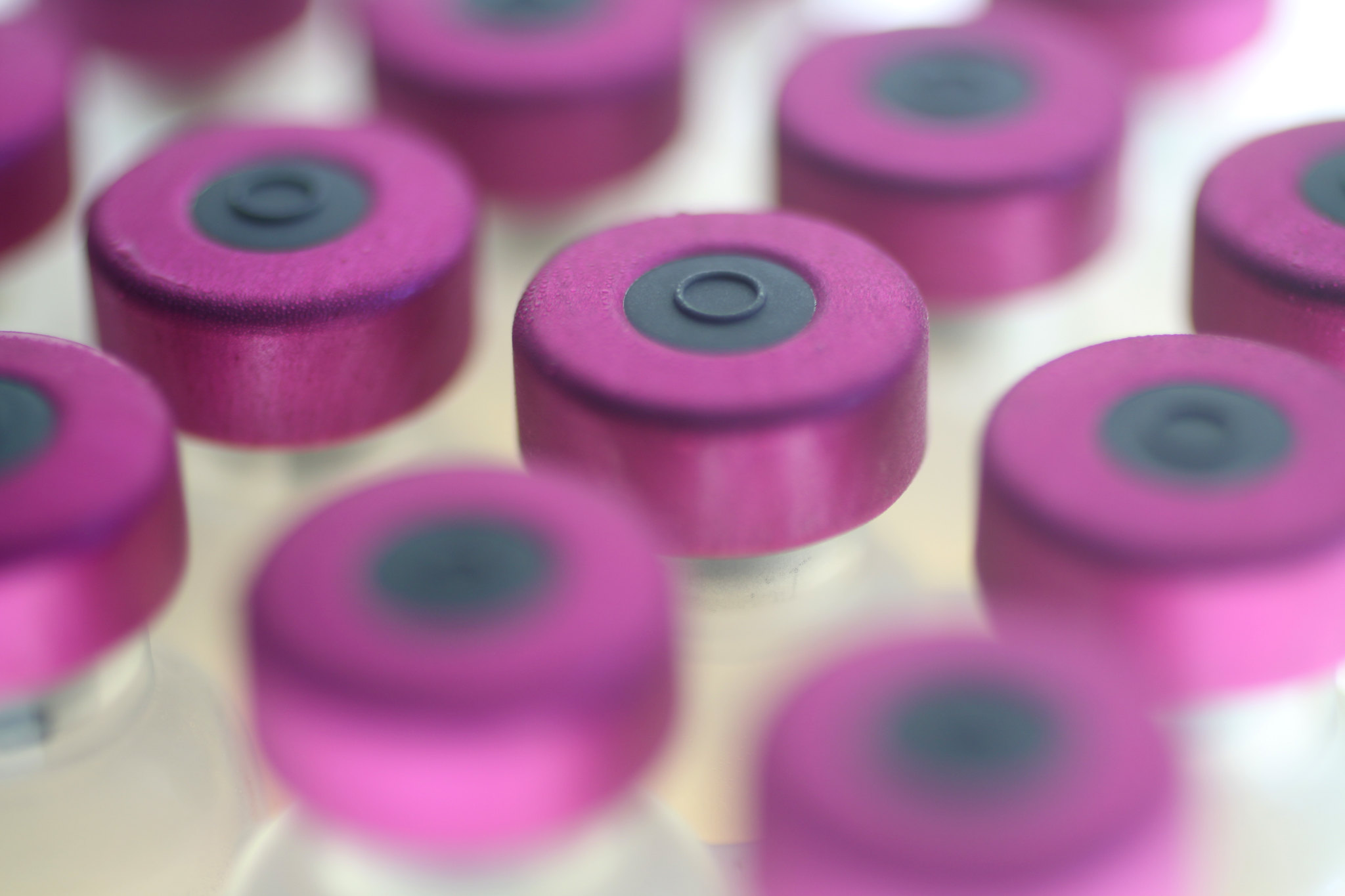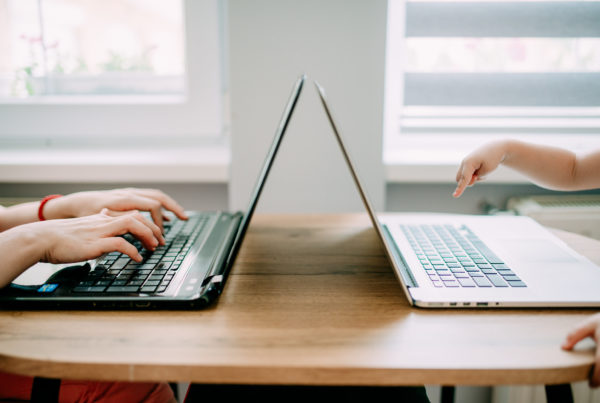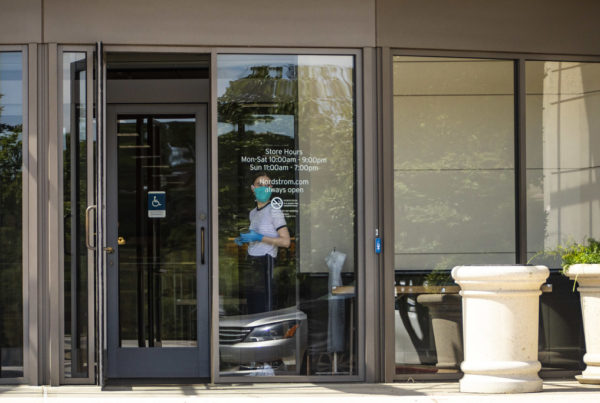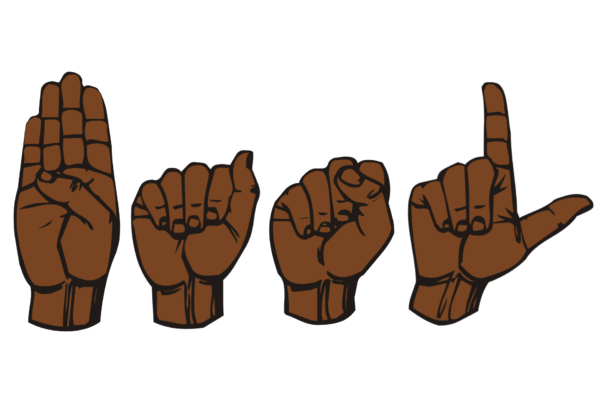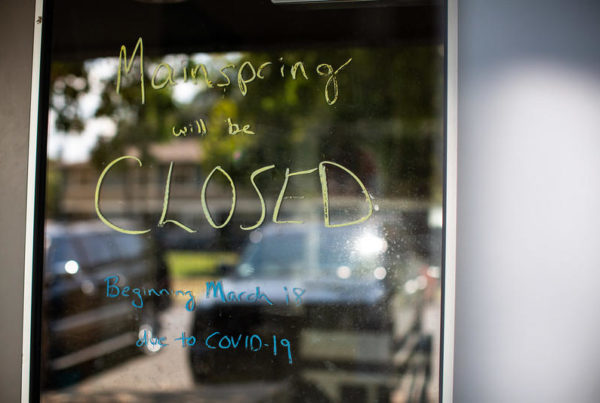Right now, there are some 36 different potential vaccines for COVID-19 currently in clinical trials. But large scale administration of a vaccine could still be months away.
MIT Technology Review senior editor of biomedicine Antonio Regalado reports some scientists are taking matters into their own hands by making their own “DIY” vaccines and testing them on themselves and peers.
Who is behind these “DIY” vaccines:
“We don’t actually always know who’s behind them. I found about four or five different groups that are developing DIY vaccines. They are scientists, they’re people who work in the biotech industry or in some corner of academia, and they do have the skills to make molecules, proteins and other components of the vaccine. And so these are people who’ve just taken it upon themselves to make a vaccine now and inject themselves or in some cases swallow it or spray it up their nose because they don’t want to wait for the official version.”
The goal:
“I think they want to demonstrate that they can do it. There is a movement in biology and it’s sometimes called ‘DIY biology,’ where the idea is to, you know, take these techniques out of the labs, out of the big labs, company labs, and kind of let anybody do this type of work. So in a way, the vaccines that they’re making are a demonstration of this trend.”
The dangers:
“Some bioethicists raise a complaint about these DIY vaccines. But it wasn’t so much that it was dangerous to the individuals involved. In fact, it’s more likely that their vaccine, you know, is like a sugar pill and does nothing. The danger that they saw was this skirting of the FDA and regulation because if people don’t trust the vaccine against coronavirus. That could be a problem. We want to have a vaccine that’s approved, that’s gone through all its steps so that people do take it and so we can end this pandemic. As soon as there’s a DIY effort, it sort of it just throws in a cloud of confusion.”
The bottom line:
“There’s also entire nations, China, Russia, possibly the United States, which are also endorsing vaccines that have not been fully demonstrated to be effective. Russia said they have a vaccine. They’re going to start to distribute it. China has been giving a vaccine, again, unproven to people in key industries. And you’ve heard President Trump talk a lot about wanting to get an emergency approval for a vaccine before Election Day. And that timeframe means that vaccine will not have been shown to work in the usual way. So the difference between the DIY biologists and the state-sponsored vaccines is quickly diminishing.”


